Today I’m really pleased to welcome Liz Nugent to the blog. Liz’s book Unravelling Oliver made it onto my top crime reads of 2015 and is definitely worth your time.
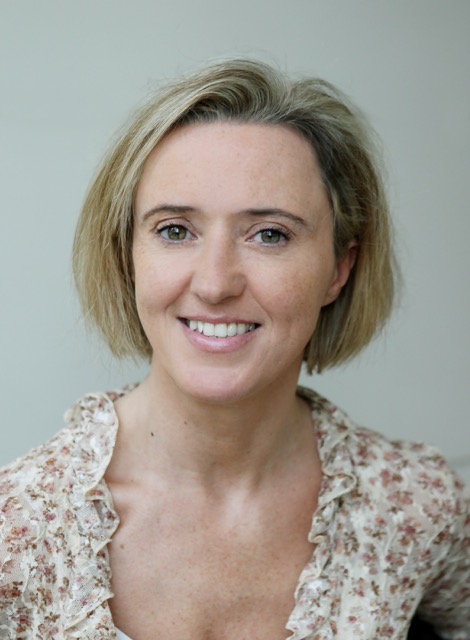 Liz is an award-winning writer of radio and TV drama and has written short stories for children and adults. In March 2014 her first novel, Unravelling Oliver, was published by Penguin Random House. It is a story of shame, envy, breath-taking deception and masterful manipulation.
Liz is an award-winning writer of radio and TV drama and has written short stories for children and adults. In March 2014 her first novel, Unravelling Oliver, was published by Penguin Random House. It is a story of shame, envy, breath-taking deception and masterful manipulation.
It received universal critical and popular acclaim, went straight to the top of the bestsellers list and has been translated into nine languages. In November 2014, Unravelling Oliver won the Crime Novel of the Year at the Irish Book Awards. The television rights to Unravelling Oliver have recently been acquired by ITV Drama. Liz was the winner of the inaugural Jack Harte Bursary. Unravelling Oliver is currently longlisted for the International Dublin Literary Award (formerly the IMPAC). Her second novel, Lying in Wait, will be published by Penguin in July 2016.
When you decide to write something new, what is the first thing you do?
The first thing I need is to hear a voice. I need to fix the character in my head. I always write in the first person. It might be a radio interview or a newspaper story that grabs me, but once my interest is sparked, I think about what the character will sound like. What is their accent, their tone, their timbre? Then, I listen to them talk for a few weeks before I write anything.
Do you have a set routine approaching it?
I’ve only written two novels and the second isn’t published yet, so I wouldn’t say I have established a routine. I know that my next novel will be based loosely on song lyrics though.
Pen and paper or straight to the keyboard?
Straight to keyboard!
How important is research to you?
I write the story first and leave the research to the end. I almost came unstuck with Unravelling Oliver when a scenario I had written seemed like it might not be feasible so I went to great lengths to find a Professor of Anthropology who could confirm that the situation I described was possible, though, he said, highly improbable. All I needed was ‘possible’.
How do you go about researching?
In my immediate family, I have quite a bit of expertise, two of my brothers are lawyers, one sister is an educational psychologist, one is a farmer, one is a technical translator, one sister in law is a computer expert, another works in the office of the Financial Regulator and one runs a hospital, so between them all, I have never had to look too far. I find people are generally very generous and willing to help and very concerned that I tell my story accurately.
For my second novel, Lying in Wait, I had to contact the State Pathologist to ask about how a body decays. We exchanged emails and I was really gratified when she said she’d read and enjoyed Unravelling Oliver!
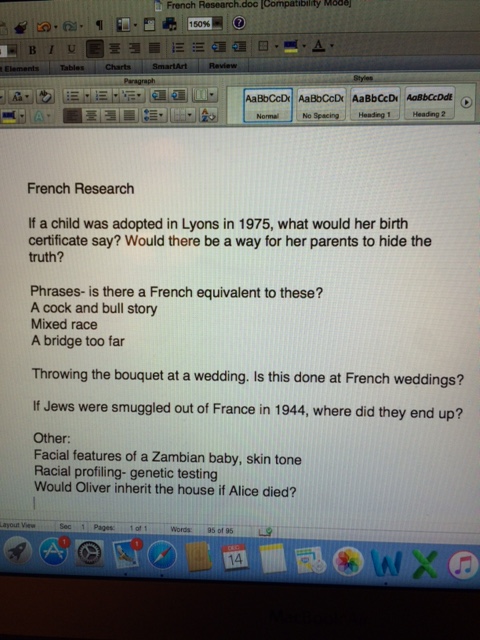 How do you store everything; ideas, research, images that catch your eye?
How do you store everything; ideas, research, images that catch your eye?
Everything is stored on my laptop, or if I’m out and about, I make notes on my phone. I keep pen and paper beside my bed in case of nocturnal inspiration.
Tell us how that first draft takes shape?
With both novels, there was never a grand plan. The stories evolved as I wrote them. With Unravelling Oliver, so many incidents in my life and the life of my parents and history informed and shaped that story and I also took inspiration from other books I was reading at the time. I always want to surprise myself and try to write in a way that defies expectation, so that leads to twists and turns in the story. The second novel started with one character but later, his mother became the central character, perhaps because her psychological damage was more interesting.
Are there any rituals you have to do or items you must have with you while writing that draft?
No. I don’t really believe in talismans, voodoo or any lucky charms. It’s just me and the laptop against the world!
Does the outside world exist or are you lost to us for a period of time as the magic works?
I don’t ever disappear into my fictional world completely. I am constantly checking emails and social media while I write and I sometimes write in my local library just so that I can feel the world moving around me. The truth is I am terrified of being alone. That may be why I invent characters to keep me company. The more appalling they are, the better!
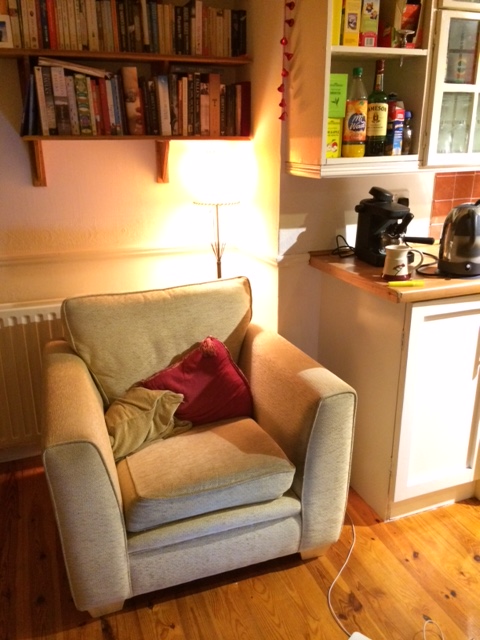 What does your workspace look like?
What does your workspace look like?
It is an armchair in my kitchen right beside the kettle. My husband tolerates this most of the time, but the piano is also in the kitchen so when he wants to play, I am banished to the living room and I put my legs up on the sofa and write there. I do not write at a desk. The lap top is on my lap.
Edit as you go or just keep getting words out?
I’ve experimented with this. With both novels, I rewrote the first three chapters incessantly and almost got stuck. In each case, I just had to move on and stop editing as I went. Everything can be fixed later. It’s really important for me to get the story down first because if my publisher doesn’t like the basic story, well then, I’ve wasted a huge amount of time editing something that is never going to see the light of day. (For those writing a first novel, edit it to death before submitting to publisher or agent- you only get the luxury of submitting unedited work once you have a contract for a second book).
I see many writers counting words in a day. Word counter or other method of keeping track of progression?
I would aim for 1000 words per day. It is achievable and practical. I don’t allow myself to leave the library or to eat until I’ve reached my goal. However, unlike most writers, I don’t write every day. I have to be in the right frame of mind. There is nothing like a deadline for giving you the right frame of mind.
So, that first draft is down. Roughly how long did it take? And what shape is it in?
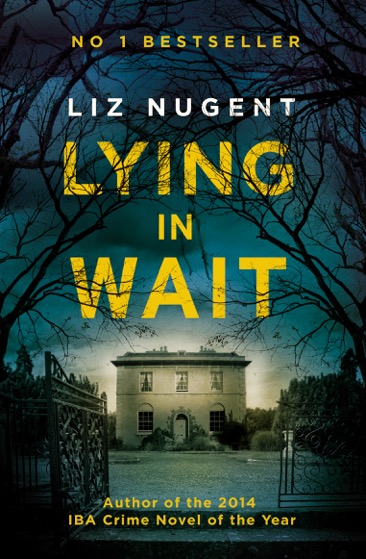 In the case of Lying in Wait, it took about a year. It was very ropey, but the characters were there. They just weren’t fully realized and there was too many of them. Unravelling Oliver took seven years, but I had a fulltime job when I wrote that and only wrote in the week or two I had on annual leave from work.
In the case of Lying in Wait, it took about a year. It was very ropey, but the characters were there. They just weren’t fully realized and there was too many of them. Unravelling Oliver took seven years, but I had a fulltime job when I wrote that and only wrote in the week or two I had on annual leave from work.
In what format do you like to read it through, ereader, paper or the computer screen?
Ideally, I’d read it on paper but I only have a small domestic printer so it’s not practical to print a 250 page document so I end up reading from the screen.
What happens now that first draft is done?
Submit to my editor and then panic about all the things I should have included or excluded. Try to relax while I wait for her verdict. I haven’t been able to do that yet. Maybe on novel number 3.
Thanks for digging into the depths of the first draft. It’s been a pleasure having you.
You can find Liz being interviewed by the Irish Times Here and accepting the crime book of the year award, Here.
And below is the book trailer for Unravelling Oliver.
Unravelling Oliver
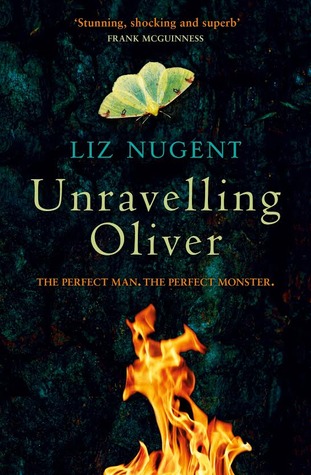 Oliver Ryan is a handsome and charismatic success story. He lives in the suburbs with his wife, Alice, who illustrates his award-winning children’s books and gives him her unstinting devotion. Their life together is one of enviable privilege and ease – enviable until, one evening after supper, Oliver attacks Alice and beats her into a coma.
Oliver Ryan is a handsome and charismatic success story. He lives in the suburbs with his wife, Alice, who illustrates his award-winning children’s books and gives him her unstinting devotion. Their life together is one of enviable privilege and ease – enviable until, one evening after supper, Oliver attacks Alice and beats her into a coma.
In the aftermath, as everyone tries to make sense of his astonishing act of savagery, Oliver tells his story. So do those whose paths he has crossed over five decades. What unfolds is a story of shame, envy, breath-taking deception and masterful manipulation.
Only Oliver knows the lengths to which he has had to go to get the life to which he felt entitled. But even he is in for a shock when the past catches up with him.

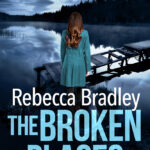

So flexible and down-to-earth – writing with a laptop on your lap… Not sure the health and safety professionals would approve of that, but it sounds good to me!
What an interesting post. I agree with you. As long as it’s writing, be it on a parchment or on electronic media, it’s worth must always be determined by its content and depth.
Here’s hoping you’ll visit and follow my blog too. Regards and best wishes.
http://www.thewhimsicalandwanderingsoul.wordpress.com
She has a lot of resources in her family – big bonus.
I still edit to death before sending a manuscript to my publisher. They’ll only approve manuscripts, not story ideas.
I really like that description of hearing the voice of a character! I know just what you mean. And there’s definitely something to getting the story down first, and then revising later. A really interesting interview, for which thanks, both.
That chair looks really comfortable, and I love the proximity to the kettle. I actually have to move to a different room for a drink!! 🙂
A great choice of subject Rebecca – I loved Unravelling Oliver and can’t wait until the summer for Lying in Wait so I loved finding out more about this talented author.